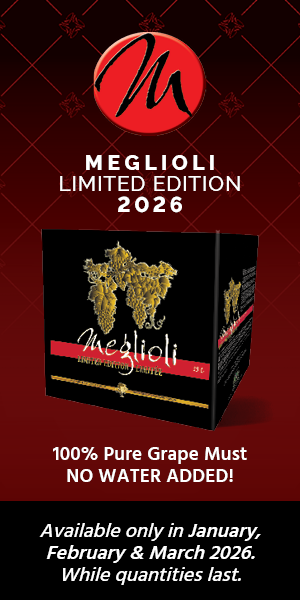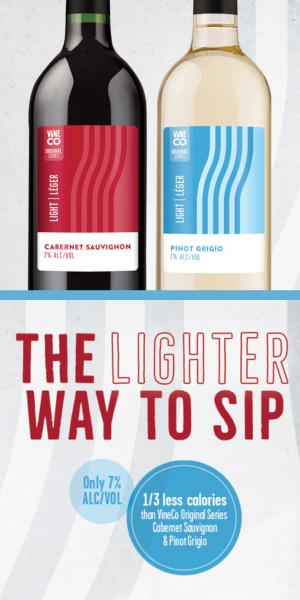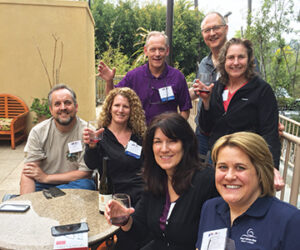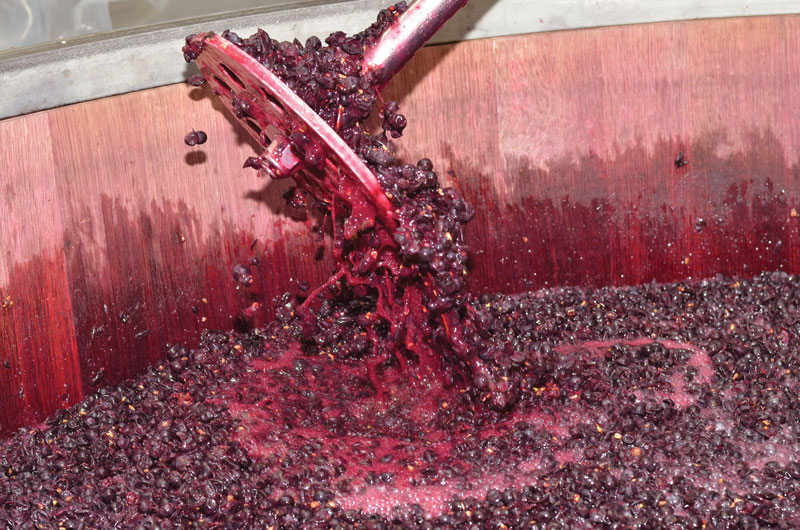The primary mission of my home winemaking club, the Cellarmasters of Los Angeles, is to help home winemakers improve their craft. One of the fundamental ways we achieve that is via the unbiased feedback provided to home winemakers by quality wine competition judges. I decided to ask a couple of our members what they have learned from entering their wines in home winemaking competitions and here are a select few stories from them.
Vice President Michael Holland commented, “Before I started entering my wines in competition, I became a wine judge and began to judge competitions. As a relatively new winemaker, the experience proved very valuable. There were wines that had similar flaws to mine and others that tasted really good. I started to compete with myself because I wanted MY wines to taste as good if not better than the good bottles of amateur wines I was judging. If they were consistent year-to-year, then I was probably doing something right.
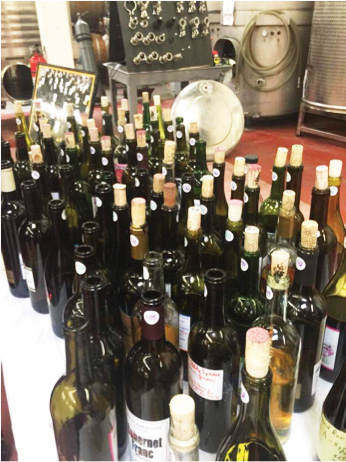
“The judging comments I received have always been useful to me, and inspired me to reciprocate in the feedback I provide to winemakers. I want them to make better wine or give them their props if I scored a good entry. Today I’ve found fewer really bad bottles being submitted. I don’t know whether they are non-existent or, as I will sometimes do, maybe they are being held back because they aren’t ready.”
Club President Andy Coradeschi submitted the following experience: “‘Strange Flavors. Interesting Fecal Aromas.’ That is — word-for-word — the actual written feedback that I got from a very knowledgeable wine judge on my first-ever wine and my first-ever submission to a home winemaking competition. This feedback took me aback for a minute or two while I grappled with the reality that I had turned those beautiful Edna Valley, California Syrah grapes into a wine that smelled like fecal matter!
“And then I read the judge’s next comment: ‘Keep sanitation control high. Prevent oxidation.’ Humbled, I reviewed my winemaking notes and found that they completely confirmed the judge’s comments. I had no actual sanitation control. All I did was rinse my equipment with water. Also I had spent almost two years working on ‘problems’ in the wine, using several invasive processes to ‘fix’ things that either weren’t broken or that only existed due to my own previous missteps.
“Keep sanitation control high. Prevent oxidation.”
“I saw, for example, that I had over-acidulated the must and then de-acidulated the wine — multiple times. Also my yeast got stressed and produced hydrogen sulfide, which I also treated multiple times. Lastly, I discovered about a year into this whole ‘fixing’ process that my 15-gallon (57-L) beer keg of wine had at least a gallon (3.8 L) of (oxidizing) headspace. All of this combined with a very questionable sanitation protocol.
“Although the gentleman who had judged my wine knew nothing about any of this, he had, in just a few words, clearly identified my problem and also presented the solution. ‘Keep sanitation control high. Prevent oxidation.’ Those six simple words have guided my winemaking process for the past 16 years.”
All of us here at the Cellarmasters of Los Angeles Home Winemaking Club wish you the very best in this difficult time. Please be assured that despite the ongoing pandemic our Club will present the 47th Annual US Amateur Home Winemaking Competition on November 21, 2020. We hope to toast a glass with fellow winemakers again soon.
